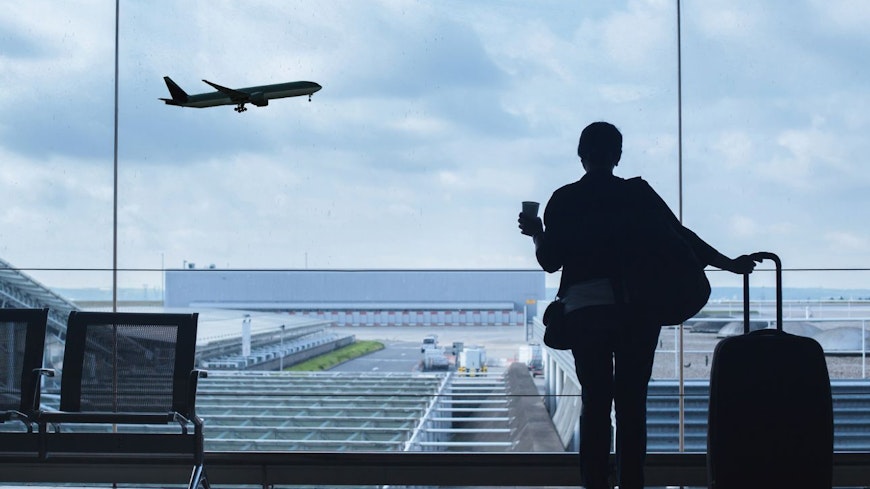
By Rebecca Styles
Research Lead | Hautū Rangahau
Before embarking on your summer holiday, check out our tips for travel insurance to make sure you’re covered should the worst happen.

1. Pay for your flights by credit card
In the fine print of most travel insurance policies, you’re likely to find an exclusion from cover if the airline you’ve booked with goes bust. The same applies for any tour operator or travel agent.
The only way you’re likely to get your money back in this situation is if you paid for the flights (or trip or tour) on your credit card. Then, if you don’t get the service, you can apply for a chargeback. However, there are limits to the timeframe for applying for a chargeback. Generally, you have up to 120 days from the date of the transaction.
To find out more about chargebacks, head to Consumer.org.nz.
2. Think twice about getting on a scooter
Riding on a scooter or motorbike with an engine bigger than 200CC, whether as a passenger or the driver, is also likely to be excluded from your travel insurance cover.
Other action sports and thrill-seeking activities – from snowboarding outside of a resort’s boundaries through to bungy jumping and hot air ballooning – are likely to be excluded too.
Check the fine print of your policy if you’re planning any daredevil activities. You can add particular activities onto your policy, but it will probably make it more expensive.
3. Consider the risk of civil unrest
Many insurers exclude civil unrest and rioting from their cover.
If you’re in a country when unrest breaks out, get in touch with your insurer as soon as you can.
If you’re still in Aotearoa when the unrest takes place, get in touch with your insurer and airline to see what your options are.
If you haven’t bought travel insurance before the unrest breaks out, it’s extremely unlikely you’ll get cover for that destination and if it’s no longer safe to travel there, you could find yourself out of pocket.
To find out about travel advisories before you book, check out the Ministry of Foreign Affairs and Trade website SafeTravel.
4. Activate your credit card travel insurance
Some premium credit cards have built-in travel insurance. But there are a few fishhooks to watch out for.
In general, you need to activate the insurance before jetting off. Each provider will have slightly different requirements, such as having to pay for the trip using the card or at least using the card for some of the expenses you incur during the trip.
There may also be limits on the age of the card holder, and limits on the maximum length of the trip.
5. Buy your insurance when you pay for your tickets
Technically, you can buy travel insurance at any stage leading up to your trip, but the earlier you buy it, the better. If you leave it and something happens in the country you’re heading to – say civil unrest breaks out or a volcano erupts – it’s unlikely you’ll get cover for cancellation, meaning you could lose the cost of your flights and anything else you’ve already paid for.
You could also be out of pocket if you don’t have insurance, and you need to cancel your trip before departure because of an unforeseen event, such as a serious injury.
For more travel insurance tips, and to compare the cost of comprehensive travel insurance offered by 11 providers, check out Consumer.org.nz.

Flight rights campaign
We’re calling for airlines to communicate honestly with passengers about the reason for cancellations and delays, and clearly display their rights.


